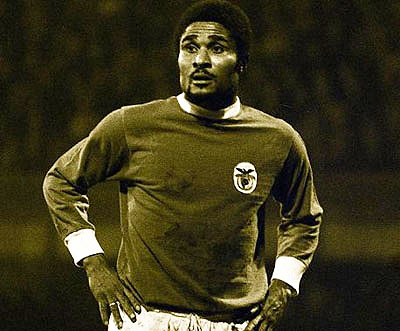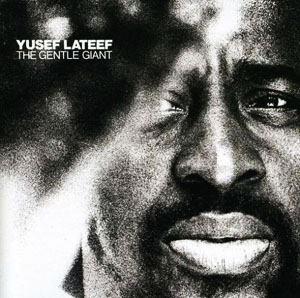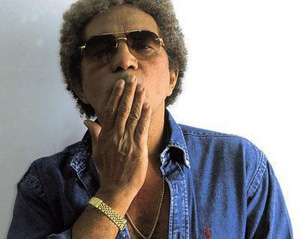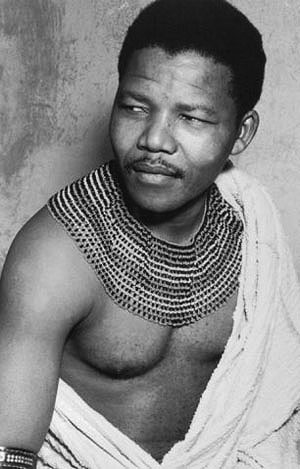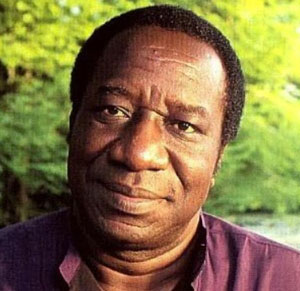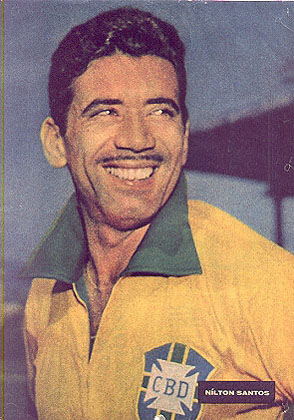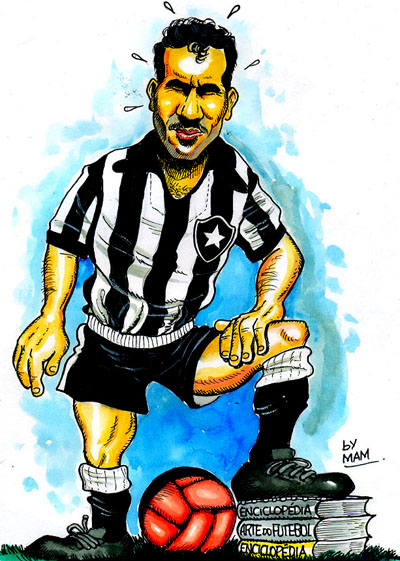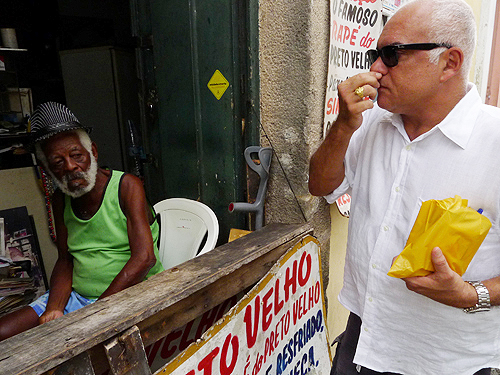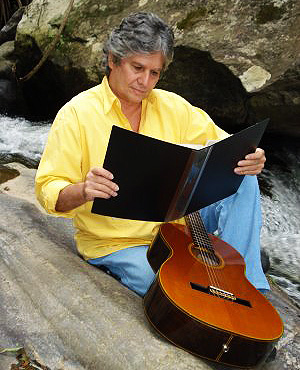(1947 – 2014)
Arquivo da categoria: tristeza
a pantera negra…
(1942 – 2014)
putz…
hoje é dia de, pelo menos, catar umas músicas de moçambique em homenagem à lenda!
) :
nilton santos (1925 – 2013)
lembro Dele em frente da loja de material esportivo no início da rua voluntários da pátria…
não por acaso, em botafogo, bairro da zona sul carioca!
em muitas situações, eu passava por Ele e dizia, apenas:
“mestre”
Ele, apenas, sorria… todo pimpão!
agora, imagina… e projeta para os padrões atuais:
um bi-campeão mundial de futebol, considerado até hoje o mais foda lateral esquerdo de todos os tempos…
aposentado e dono de um simplérrimo empório comercial!
Lenda!
) :
lindsay cooper (1951 – 2013)
nem tudo chega pela web… ainda existem certas informações que ficamos sabendo por outras vias.
foi o que aconteceu com a mais recente edição da revista mojo (dezembro) que aportou no brasa…
comemorando 20 anos no mercado e com capa desenhada por kate bush.
pois bem, a sessão “quem subiu pra conversar com hendrix e cartola” trouxe a “novidade”, ocorrida em 18setembro, que
lindsay cooper partiu!
ela foi integrante, por bastante tempo, do grupo henry cow… um dos responsáveis pela ocupação dos meus tímpanos.
o tico e o roNca (amanhã), sob forte blublu, reverenciam lindsay cooper… compositora, multi-instrumentista, ativista política, linda…
uma peça única a ser cultuada forévis!
perguntinha…
o melhor programa da televisão – the ronnie wood show – deixou de ser exibido pelo canal 112 da net?
sumiram as reprises!
) :
bem mais sobre paulinho tapajós…
hendrix e cartola receberam, ontem, a visita de paulinho tapajós!
) :
durante muito tempo cruzei com ele pelas ruas do finado leblon…
no tempo em que os moradores que fizeram o bairro ainda não haviam sido expulsos pela e$peculação imobiliária e pela cenografia da vênus!!!
toda vez eu pensava: “hora dessas vou incomodar a peça pra levar um lero”!
mas paulinho estava muito doente e não mais circulava… até que subiu!
também triste é como a mídia vem informando sobre sua passagen pelo planetinha.
catei a notícia em vários sites… de todos os tamanhos e de várias cidades… e encontrei as mesmas letrinhas!
atualmente, basta o primeiro comunicado aparecer para que todos os outros veículos o repliquem!
FUEDA!
ou seja, na real, dezenas de canais de informação não dizem nada… simplesmente, repetem o que já foi escrito!
é assim, praticamente, em todas as galáxias!
o fato é que paulinho foi muitos mais que um dos autores de “andança”… mas para saber um pouco além, bastaria ao “jornalista” entrar – no mínimo – em outra página do site dele para se deparar com…
Em 1969 e 1970, Paulinho Tapajós exerceu os cargos de diretor de produção e produtor musical do selo Forma/Philips, da gravadora Phonogram (hoje Universal Music), que lançou no mercado fonográfico artistas como Ivan Lins, O Terço, Lucinha Lins, Gonzaguinha e Fagner, entre outros.
De 1970 a 1978, atuou como produtor musical contratado da Philips, onde foi responsável por discos de vários artistas, como Lucinha Lins, Dorinha Tapajós, César Costa Filho, Gonzaguinha, Carlos da Fé, Fagner (“Manera Fru Fru Manera”), O Terço (“O Terço”), Ivan Lins (“Agora”, “Deixa o trem seguir” e “Quem sou eu”), Antonio Adolfo (“Antonio Adolfo”), Trio Mocotó (“Muita zorra”), Toquinho & Vinicius (“Vinicius e Toquinho, Toquinho e Vinicius”), Nara Leão (“Meu primeiro amor”), Carlos Lyra (“Eu e elas”), Jorge Benjor (“Negro é lindo”, “Ben”, “A tábua de esmeraldas”, “10 anos depois” e “Solta o pavão”), Gilberto Gil e Jorge Benjor (“Gil & Jorge”), Altamiro Carrilho (“Antologia do chorinho”), Banda do Canecão (“Cem anos de Carnaval vols 1, 2 e 3”), Quinteto Violado (“Antologia do baião”, “Folguedo”), Quarteto em Cy (“Antologia do samba-canção”, volumes 1 e 2, “Quatro sucessos em Cy”), e MPB 4 (“Sucessos – vol 4”, “10 anos depois” e “Palhaços e reis”), entre outros, além de projetos com diversos artistas, como “Som Livre Exportação”, “Máximo de Sucessos vol. 3, Máximo de Sucessos vol 14”, “Os maiores sambas-enredo”, “16 sucessos brasileiros” “Encontros”, “Encontros vols 1,2 e 3, “Antologia da Marcha-rancho” e “Orações profanas”, entre outros.
———-
acho que para o leitor interessado pela obra de paulinho tapajós seria bem mais impactante saber de sua relação, por exemplo, com jorge ben que, apenas, sobre a autoria de “andança”!
paulinho, leNda!
a última…
não existe mais uma casa sequer na avenida atlântica…
(foto: marcelo carnaval / o globo)
a derradeira foi ao chão nas últimas horas!
a esquina com rua santa clara era a única visão de uma avenida atlântica livre dos espigões.
os “empreendedores”, tão bonzinhos, informam que à entrada do futuro hotel haverá uma
parede com pedras resgatadas da antiga casa!
a cidade agradece pela consideração & respeito!
) :


